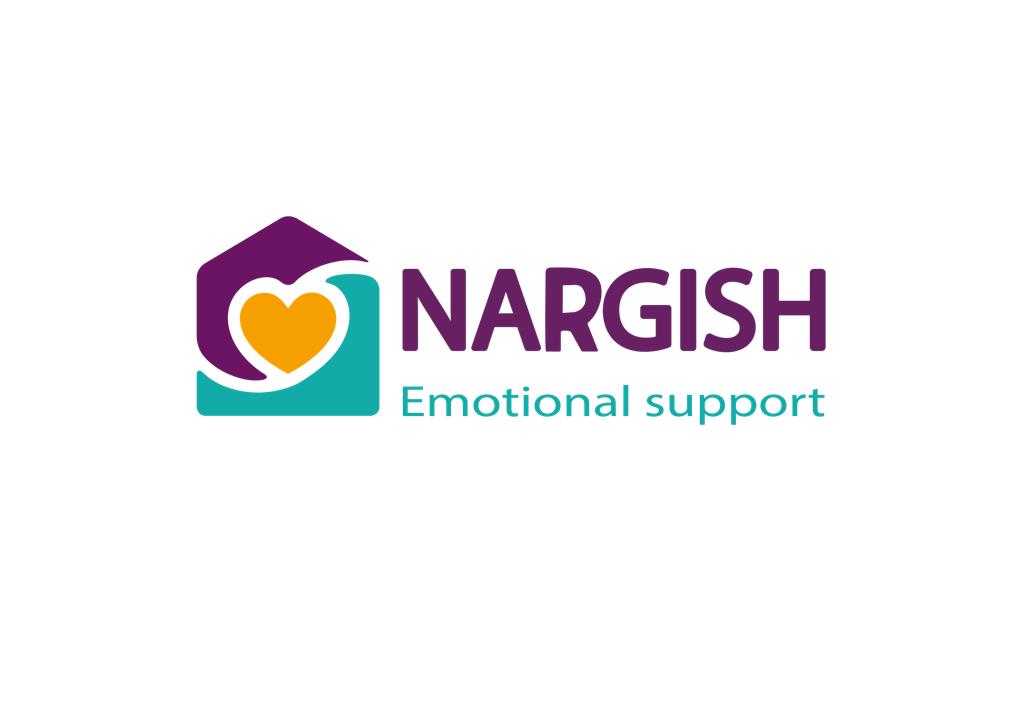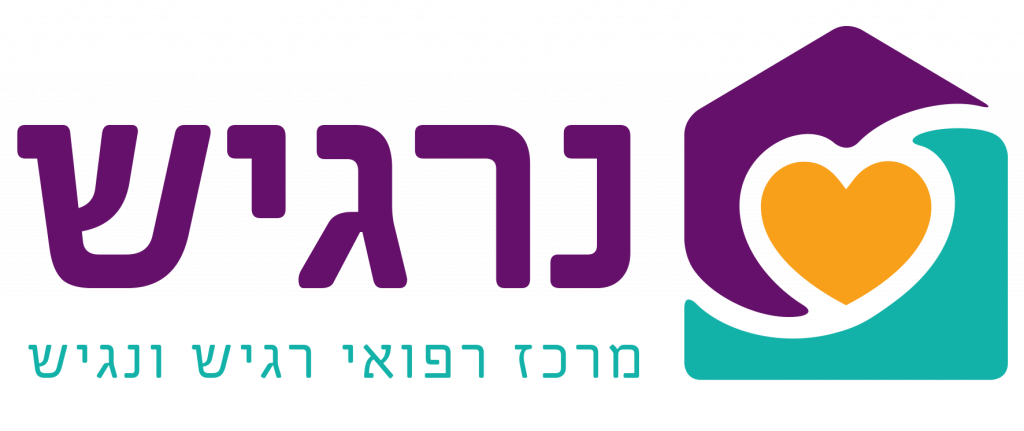Those skilled professionals know that different patients deal with a chronic illness or a terminal illness in different ways. That way directly affects the pattern of dealing with the same illness. For example, patients can perceive the same illness that was forced on them as weakness, punishment, challenge, sworn enemy, even loss. There are other patients who want to take the coping to a positive place, such as seeking meaning, challenge, a place to increase social support, and so on. One thing is for sure, the variety of situation management features also include extremely negative expressions like self-blame, hopelessness, anger, sometimes voluntary isolation from society, recurring thoughts, and more.
Therapists say that there are also risk factors outside the illness, as well as different coping mechanisms of the patient’s near and distant environment. For example, when the chronic or terminal illness comes alongside family issues or alongside social issues in educational institutions, so that there is a risk of developing emotional and social difficulties, both for the patient, for their caregiver, and for the immediate family members.
At “Na(r)gish” we invite every person wherever they are, if they are ill or a family member of a person coping, to come and get the tools needed to positively deal with these feelings and difficulties, thus adapting to a better life with a chronic illness, rather than feeling alone for no reason. The help is warm and personal, and encourages internalization, so that the overall coping process is healthier for the patients, as well as their families who are also finding themselves in distress.








